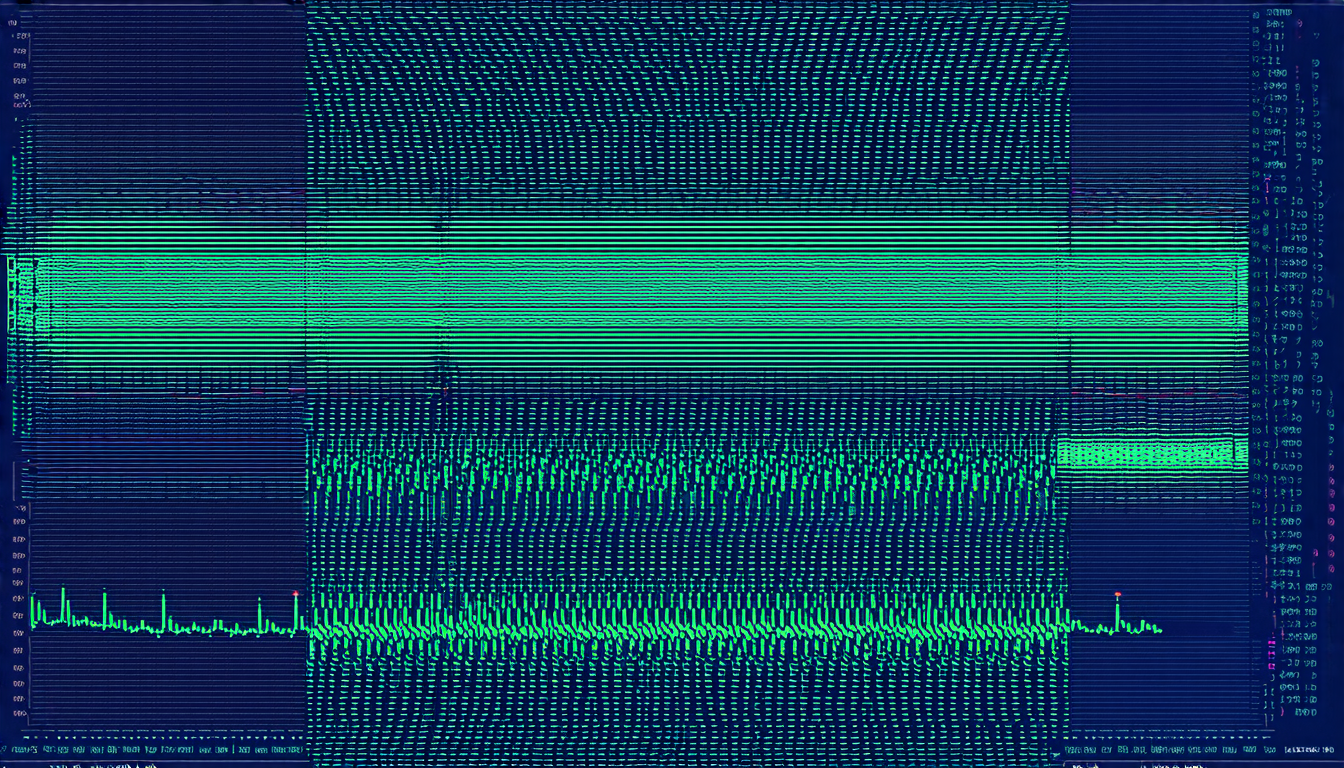Friday 28 February 2025
For years, scientists have been trying to crack the code of symbolic regression, a technique that can help us better understand complex systems and make new discoveries. But it’s been a challenging task – until now.
Researchers have made significant progress in developing a new method called noise-resilient symbolic regression (NRSR). This approach uses machine learning algorithms to identify patterns in data and generate mathematical equations that describe the relationships between variables. But what makes NRSR special is its ability to handle noisy data, which is often a major obstacle in scientific research.
In many fields, scientists are faced with messy data that is contaminated with errors or random fluctuations. This noise can make it difficult to extract meaningful information from the data and can even lead to incorrect conclusions being drawn. But NRSR is designed specifically to tackle this problem by using reinforcement learning techniques to learn which patterns in the data are most important.
The researchers tested NRSR on a range of benchmarks, including datasets with both clean and noisy data. The results were impressive – NRSR outperformed other methods on almost all of the benchmarks, even when dealing with highly noisy data. This suggests that NRSR could be a powerful tool for scientists working in fields such as physics, biology, or economics.
One of the key advantages of NRSR is its ability to adapt to different types of noise. In real-world datasets, noise can come from a variety of sources, including measurement errors, instrument drift, or even human error. NRSR uses machine learning algorithms to identify the patterns in the data that are most resistant to these types of noise, allowing it to generate more accurate equations.
The researchers also explored the potential applications of NRSR in different fields. In physics, for example, NRSR could be used to analyze complex systems such as weather patterns or financial markets. In biology, it could be used to understand the behavior of cells and organisms at the molecular level.
While there is still much work to be done, the results of this study are an important step forward in the development of symbolic regression methods. As scientists continue to push the boundaries of what is possible with data analysis, NRSR could play a key role in helping them uncover new insights and make new discoveries.
In the future, the researchers plan to explore ways to improve the efficiency and scalability of NRSR, as well as its ability to handle more complex datasets.
Cite this article: “Cracking the Code: New Method Tames Noisy Data in Symbolic Regression”, The Science Archive, 2025.
Symbolic Regression, Machine Learning, Noise-Resilient, Data Analysis, Scientific Research, Reinforcement Learning, Benchmarks, Physics, Biology, Economics, Data Science







